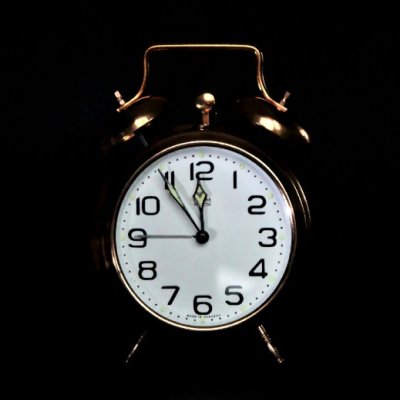past participle
- Ejemplos
See also hebben and zijn and the past participle. | Vea también hebben y zijn y el participio pasivo. |
See also zijn, hebben and the past participle?. | Vea también zijn, hebben y el pasado participio. |
This also goes for auxiliary verbs that precede the past participle. | Esto también ocurre con los verbos auxiliares que preceden a un participio. |
The forms from haber stand always immediately before the past participle. | Las formas de haber se ponen directamente antes del participio. |
The form of the past participle is always invariable. | En la conjugación, el participio pasado es siempre invariable. |
PP is, of course, the past participle. | PP es, por supuesto, el participio pasivo. |
For the formation of the past participle, we conjugate the verb separately from its prefix. | Para la formación del participio, conjugamos el verbo separado de su prefijo. |
Both the present participle and the past participle can be used as adjectives. | Tanto el participio presente como el participio pasado pueden ser usados como adjetivos. |
The verb that follows hebben or zijn is the past participle (pp). | La forma verbal que sigue a continuación de hebben o zijn se donomina participio pasivo(pp). |
Then, we attach the prefix to the beginning of the past participle. | Una vez hecho esto, volvemos a añadir el prefijo delante del participio. |
In English there are mainly two kinds of participles: the present participle and the past participle. | En inglés hay principalmente dos tipos de participios: el participio presente y el participio pasado. |
The above only applies to the situation where the past participle serves as an auxiliary verb. | Los anteriores solo se aplican a situaciones en las que el participio sirve como verbo auxiliar. |
You can still recognize this verb in several conjugations of zijn, e.g. the past participle geweest. | Usted puede aún reconocer este verbo in varias conjugaciones of zijn, por ejemplo en el pasado participio de geweest. |
Furthermore, the past participle form of regular verbs is exactly the same as the past simple. | Además, la forma de participio pasado de verbos regulares es exactamente la misma que el pasado simple. |
Here, the past participle is the independent verb and hence does not turn into an infinitive. | Aquí, el participio actúa como verbo independiente y, por lo tanto, no se convierte en infinitivo. |
Irregular verbs do not end in-ed when forming the past simple and the past participle. | Los verbos irregulares se caracterizan porque no terminan en-ed al formar el pasado simple y el participio pasado. |
The present perfect is constructed with the present of the auxiliary verb haber and the past participle. | El pretérito perfecto se construye con el presente del verbo auxiliar haber y el participio pasado. |
In the English language, there are mainly two types of participles: the present participle and the past participle. | En el inglés hay principalmente dos tipos de participios: el participio presente y el participio pasado. |
My favorite one of these is "smitten," which is the past participle of the word "smite." | Mi favorito de estas es "smitten", que es el participio pasado de la palabra "smite", golpear. |
Had it been an auxiliary verb for proberen, the past participle would have turned into an infinitive. | Si hubiera sido in verbo auxiliar para proberen, el participio se habría participios que se convierten en infinitivos. |
Palabra al azar
¡Tirar los dados y aprender una palabra nueva ahora!
¿Quieres aprender inglés?
¡Aprende inglés gratis!












